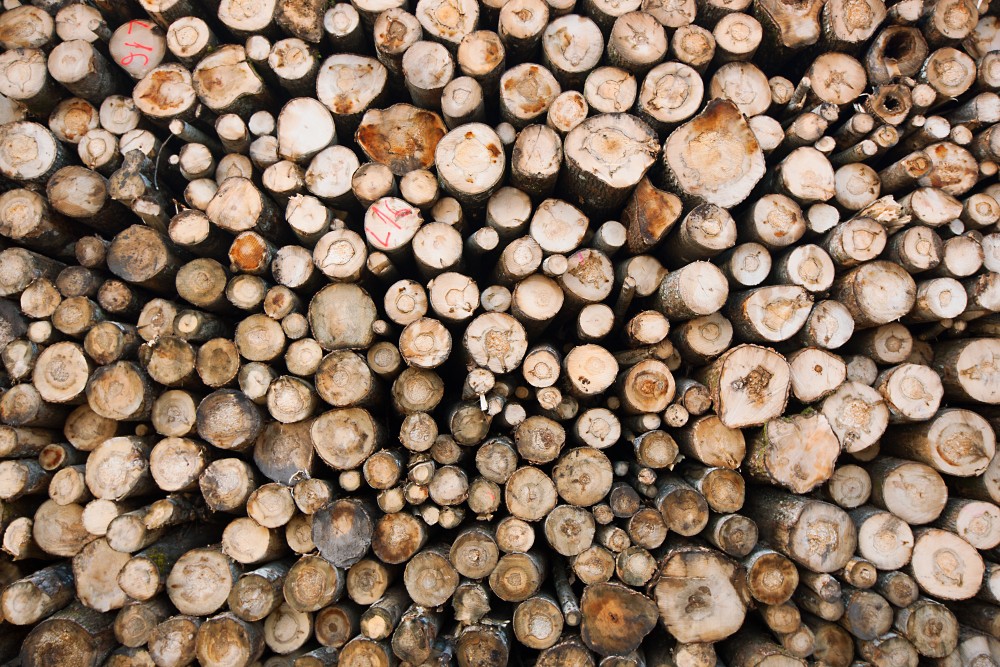“If you’re in trouble, or hurt or need – go to the poor people. They’re the only ones that’ll help – the only ones.” Ma Joad spoke those words in John Steinbeck’s Grapes of Wrath after someone of equally modest means gave her a dime’s worth of sugar. This sentiment, unfortunately is clearly demonstrated in our local leaders’ approach to solving our fiscal crisis. The same time they offer corporate welfare to companies like Veresen they discuss cutting services and attempt to add taxes on lodging or marijuana. In fact, this approach is a national epidemic as evidenced by the recent statistics showing that just 3% of America’s families own 54% of the wealth. Thirty years ago the lower 90% wage earners owned 36% of the wealth, today that number is 22%.
No one wants to see waste no matter how well funded our government services are but when politicians like Matt Rowe talk about trimming “administrative redundancies” what they are really doing is the equivalent of going to Ma Joad’s poor people. Each year our property taxes increase by 3% and each year our leaders talk about or implement reductions in services so that we pay more for less. Coos County is microcosm of what is happening across the country because our elected leaders don’t have the stones to go after the real cause of our fiscal crisis, inequitable taxation.
As of 2013, according to the Coos County Assessor, 608,363 acres or 66% of the 920,350 acres of taxable land in Coos County fall under the classification of large tract forestland and 490,639 acres are specially assessed at just $390 per acre. Regardless of how many trees are on the property or what stage of harvest they are almost half the county pays less than $4 per acre and thanks to Salem the companies that own this land no longer are required to pay a severance tax to fund county services when they harvest. Salem has legislated the county into poverty.
Last year Weyerhaeuser merged with Plum Creek absorbing 6.2 million acres in an $8.5 billion deal. A simple calculation estimates the average value of land in this merger at closer to $1,400 per acre or a potential of another $4.9 million in tax revenue, more than twice the present shortfall, for Coos County. The Seattle Times reports that “Weyerhaeuser has transformed its model from a vertically integrated conglomerate to a real-estate investment trust that focuses mainly on selling timber.” The article goes on to explain that the company has “very important” customers in Asia for exported logs.
Real estate investment trusts pay no income taxes and instead pass profits to shareholders in the form of dividends. Weyerhaeuser maximizes the profits to its shareholders in part by benefitting from corporate welfare like reduced property taxes due to special assessments and they don’t even pay a severance tax. Put another way, those logs we see stacked along the water in North Bend and Coos Bay awaiting shipment to Asia represent 30 years of free taxes. That’s a lot of sugar.
Even The World trumpeted the forty odd jobs those logs represent but consider the $5 million annual cost to the taxpayer. Consider the lost millworker jobs on top of that as those logs sail out to sea. Consider whether Coos County can afford to be a tree farm for Wall Street speculators and why we would want to subsidize their operation to make foreign shareholders richer while we get poorer. Most importantly we should be asking how long can the county sustain this level of corporate largesse with so little return on investment.
Without tax equity Coos County will eventually find itself with public safety taken over by the State and surviving with the minimum services. We should also be asking our local officials and Representatives Caddy McKeown and Wayne Krieger and Senators Arnie Roblan and Jeff Kruse what they are doing at the legislative level to make Coos County sustainable. If the answer is nothing or if they try to rationalize the status quo they need to go because decades of following this path have proven not to benefit anyone but the local oligarchy and the timber industry that funds their campaigns.
Nor can we leave it up to our elected officials to solve these problems. It is so important to reopen the Sustainable Design Assessment Team Report and start having these serious conversations. I’m sure in if you are.


